You mentioned the KLF and Elgar in the press release. How did they inspire the process for the album?
I was thinking about what Britishness in music is because of this thing where I can’t make krautrock because I’m not German. Chill Out is such a British record. Even though it’s got a lot of American sounds in it, there’s something about the feel of it which is really British. It’s one of the best albums ever made, I think. The way it’s just a trip and it sucks you in. It’s just magic. And it’s audacious. Everything about that album, I’m in love with it.
And I sort of grew up in school orchestras playing stuff like Vaughan Williams, which I didn’t really like at the time. It just seemed a bit naff. Then my mum bought me a couple of Elgar CDs a couple of Christmases ago and there’s a different kind of emotion in the melodies compared to some of the European composers. I might be talking shit but to me it sounds English. So the notes and scales on the album aren’t krauty, I was aiming for more folky or English-sounding patterns and chords.
When I interviewed you for our feature on modular synths you said that your music usually starts from an idea rather than “serendipitous experimentation”. Is that still the case with the latest things you’ve done?
Quite a lot of it, but the ideas are stuff like ‘What if I make a knock-off of a Makenoise René?’ or ‘What if I have a polysynth where some of the voices are sometimes FM modulating each other?’, so it’s ideas about new ways to synthesise patterns that don’t sound like they came out of other synths; looking for ways to make sounds that don’t sound like they came out of the Prophet; looking for ways to make arpeggios that don’t sound like they came out of a simple arpeggiator – things with that level of movement and complexity and expression but not as predictable, not as linear. The René knock-off sequencer was probably the best bit of Max for Live coding I ever did, I’m sure.
A lot of it comes from scales-based ideas too, like using the µScale quantiser modules. Things like ‘Gone Feral’ and ‘Self-Playing Schmaltz’ are based on them driving the whole track. I can’t really remember exactly how I did those tracks, which is a pain because I’ve got to recreate them live.
The modular’s still very much integrated with software?
Yeah, and the things I build in Max for Live are kind of like modules as well, like a thing that misses out some note-off messages, or a humaniser. I found a really good study some German scientists had done into the kind of errors people make in human timing. It got quite complicated but luckily my brother’s an economics PhD so he explained all these models of chaos and variation and I was able to make a Max for Live thing that does quite a good impression of human timing.
I also had this idea about multiplicities, having something chaotic but layering multiple takes of that chaotic thing, so ‘Renata’ is five or six takes of the René knock-off sequencer through the Prophet with me playing the cutoff and envelope live on top of the previous take, building up. The fact that the sequencers are running at slightly different rates means that it starts out all together and then eventually they’re playing in really complicated chords which are moving around each other. You couldn’t really plan it, but you can have an idea that it would work and then feel it out. It just basically works. Maybe one practice take and you ditch that, but then you do it and it just comes out in the first take. I think it’s a really good way of working.
It’s essentially a slightly more complex version of the whole hardware-driven analogue jam approach, which is in danger of becoming a bit of a cliche, but there’s something really satisfying about how immediate it is.
Yeah, but there’s something quite exciting about that resurgence of analogue house – LIES and stuff like that – in comparison to the Berlin shaved balls sound. It’s nice to have something real and a bit human, full of mistakes, bringing a bit of life back. I was in Detroit and saw DJ Minx playing this proper old punky Detroit thrown-together techno and it’s just like, what are the Berlin lot even doing now? What are you thinking? You’ve forgotten what it’s about! It’s so different and so much more, I dunno, vivacious or something.
There’s something quite exciting about that resurgence of analogue house in comparison to the Berlin shaved balls sound.
In that sense the aesthetic of The Inheritors is really important, even if it’s different to something like analogue house or Detroit techno.
The sound of the record is really important. I always took melodies for granted, like I can just shit out a melody, I don’t really need to work at that. But it’s these things like the sound and the groove of the album where I felt I had to work really hard. Melodies are totally taken for granted, which is good because I don’t stress about it. I think the next thing I do might be putting a bit more work into developing song structures – because I’m not good at that, I should try to learn it.
We’re back to that idea of coming up with the concept for the music first then trying to work towards it. Maybe you should force yourself to write an acoustic guitar singer-songwriter album then turn it into an electronic album somehow?
[Laughs] Maybe I should. I can sing, but I could never write lyrics. Everything I feel I would like to say to the world is way too complicated to put in a song. I’d be well misunderstood.
The Inheritors is out now on Border Community. Find James on Twitter, SoundCloud and Facebook.
James Holden's essential gear
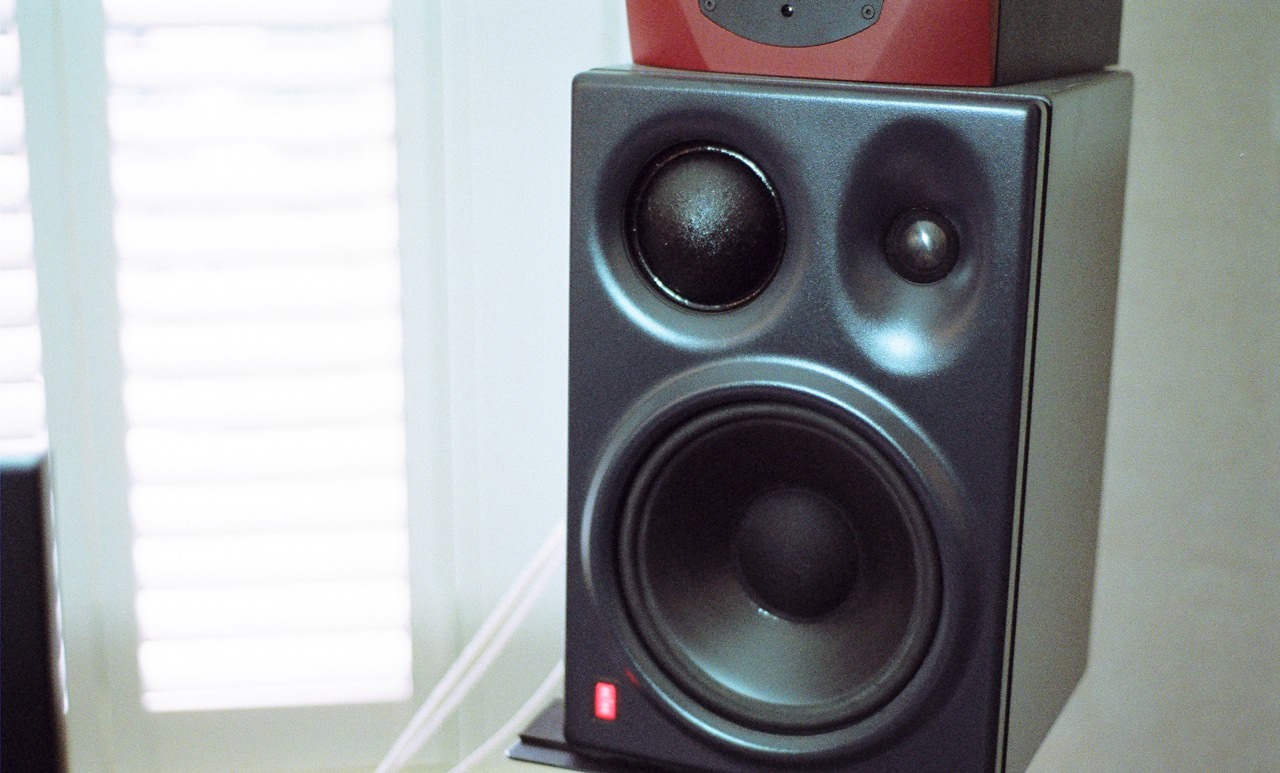
Klein + Hummel O 300
They've made a huge difference from my old Tannoy Reveals. They're ten times better. I took Nathan with me to the shop – he's got incredible ears. Compared to everything else in the price range they're so much flatter and less forced in the low end.
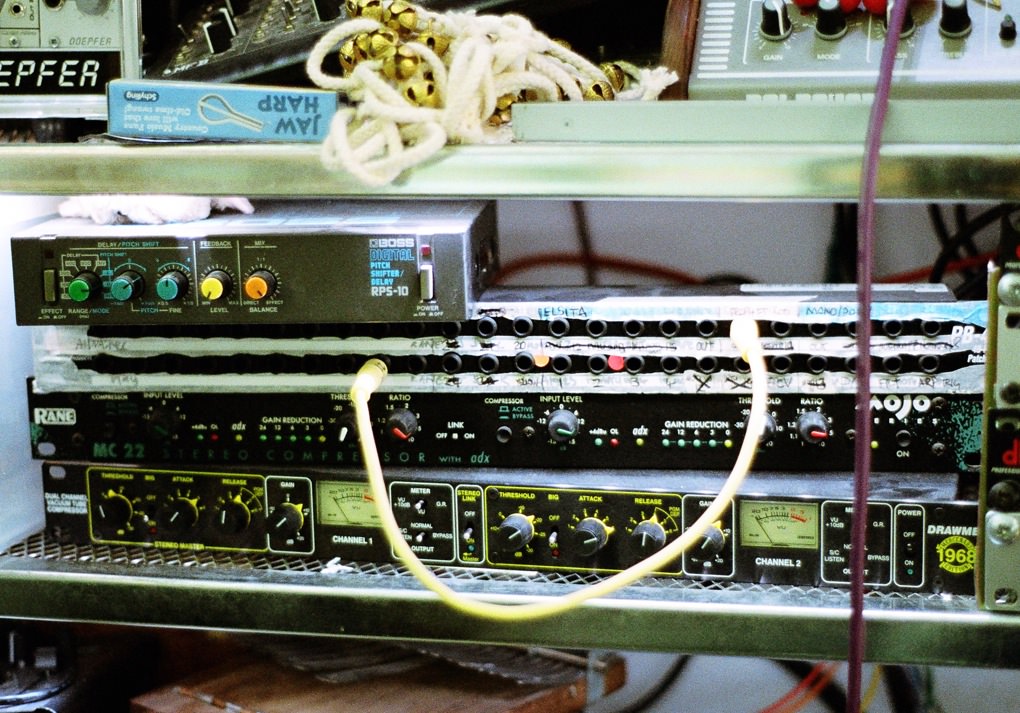
Drawmer 1968
Everything on the album sounds like it’s gone through this and the desk. Because it did. I bloody love it – it’s the best thing ever. The way it saturates is so good and it makes everything sound soft and old and rounded.
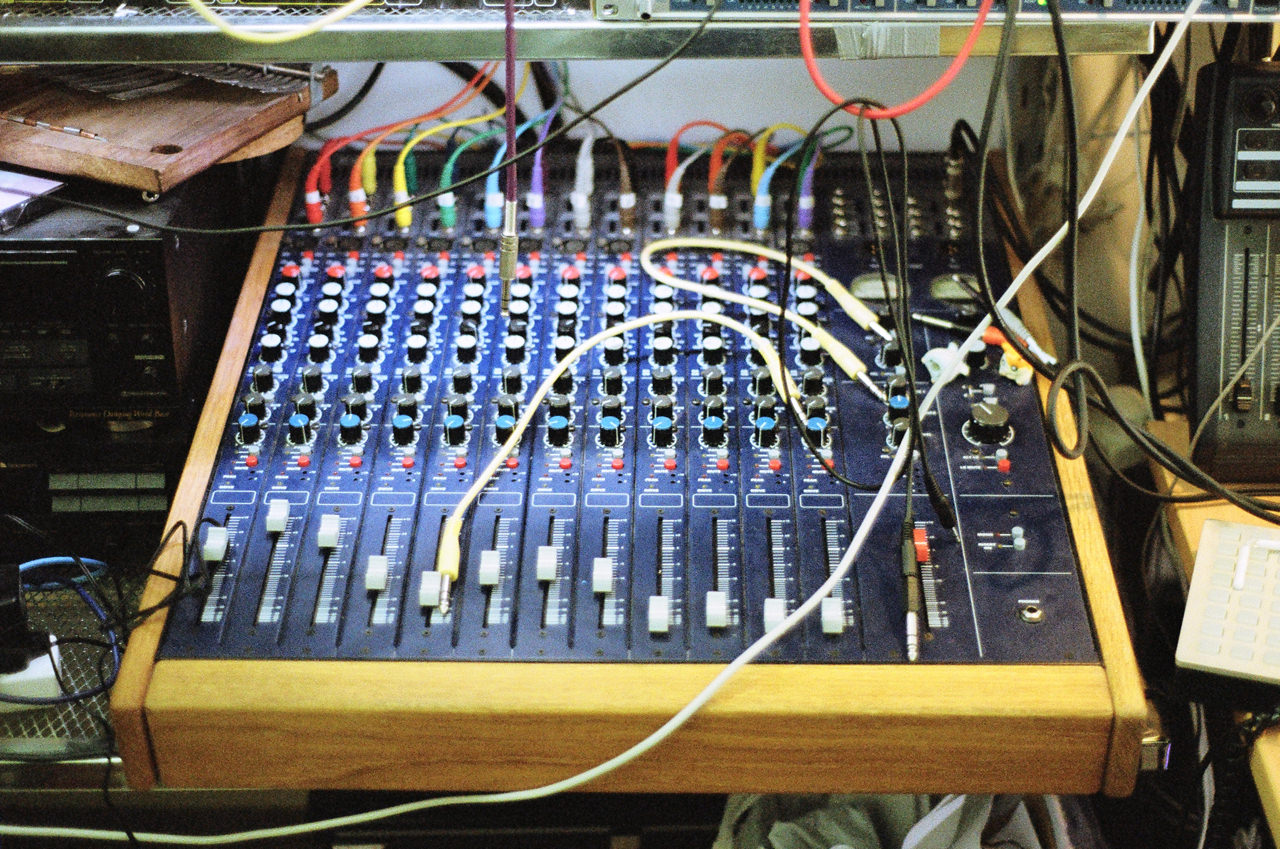
TL Audio M1-F Tubetracker
I got this around the same time as the modular. Having a desk changes how you see your music – rather than 60 channels in a computer you start to see distinct groups. Tubes are magic. If you put a bad noise in it sounds shit, but if you put a well-mixed sub-group through a tube it sounds incredible.
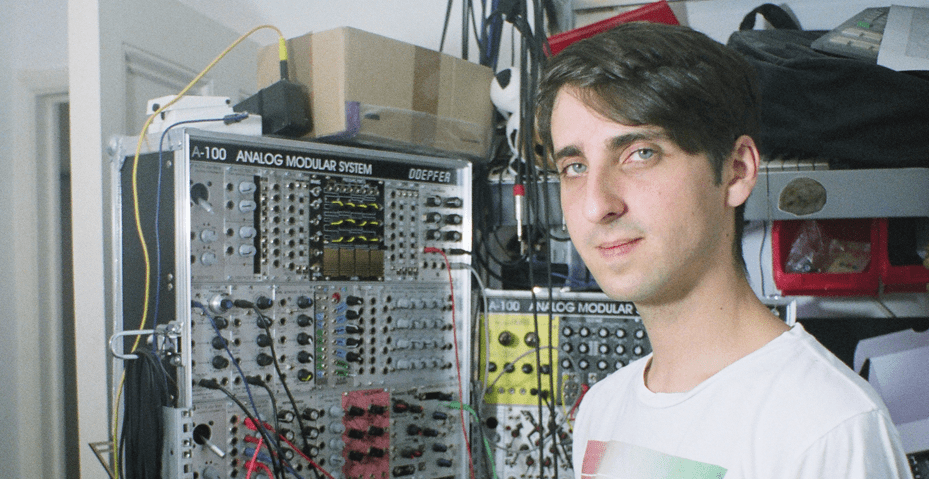
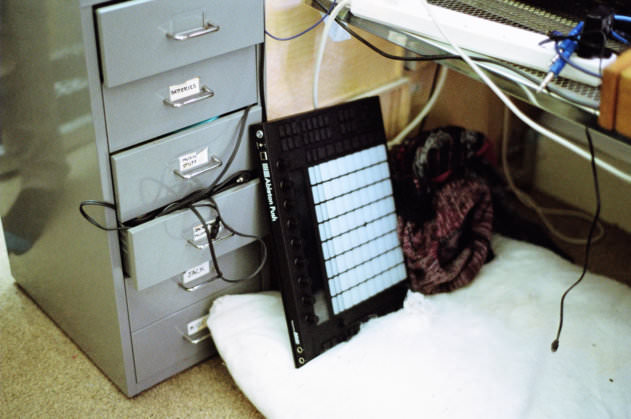
08.12 PM
Holden is a great producer! Nice words from him. And congratulations for the interview folks 😉 keep doing
12.37 AM
Too many quotables in this interview.
“But most of the people who tell me they’re producers don’t even think of the aesthetic of what they’re doing at all”
“Loads of people in dance music think that even though they’re not making Guetta-house they can use the same production techniques as Guetta and it’s still OK. To me that’s like… functional, spray-tan music.”
“it’s just like, what are the Berlin lot even doing now? What are you thinking? You’ve forgotten what it’s about!”
“I can just shit out a melody”
I don’t always love James’ music but he’s always interesting. You can really tell from this interview that he analyses everything he does, maybe too much, but that’s what being an artist’s about. Too many people only think about the money or making big crowds of idiots dance. Electronic music can be about so much more than that.
Going to check out the new album now.
12.37 AM
It’s good to be misunderstood! U only have to understand it yourself
11.56 AM
Im inspired to try and sh*t out some melodies later – it could get messy 😉
12.02 AM
Inspiring interview. I feel like a lot of people might not get Holden’s sense of humour and he sometimes comes across quite badly in interviews but this one really reveals a lot about him as a person and an artist. Refreshing to hear such honesty about running the label and the pressures to keep up the DJ appearances in order to make money. A quick look at the BC releases over the last few years and you can kind of guess which artists he might be referring to when he talks about that sense of entitlement.
01.26 PM
thanks so much for this. makes me want to rush home from work and make some music
02.50 PM
yeah, thanks a lot for letting us knowing bit more of james. it seems he also enjoyed it and thats the reason why the interwiew is soo good
03.57 PM
this is the case where intelligence makes a musician stand out.